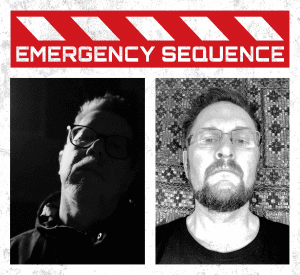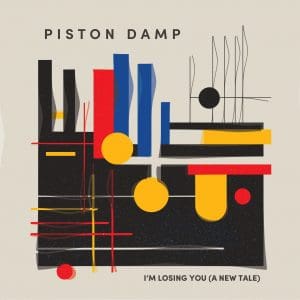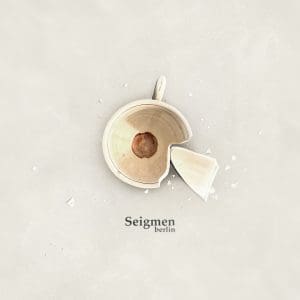Self-promotion for freelance musicians

Promoting oneself against the competition can be a challenging task – especially within an already crowded market. In any industry, the trick to gaining an advantage over your competitors is to employ strategy, dedication, and working to your strengths.
Knowing your fanbase
One of the most fundamental elements of your promotional strategy is to have a thorough understanding of your current and potential fanbase, after all, they’re the ones who decide how successful you will be.
Try and understand what type of people they are – what are their hobbies? Where can they be found? What other artists do they listen to? Such answers will help you to determine the avenues in which you can go down regarding your products offering and how you will reach them.
Your marketing strategy
Now that you have an idea of the type of audience that you will be trying to reach you can begin to hone your resources to devise a marketing strategy.
Getting creative with your social media platforms is one of the most resourceful tools you can use. Regularly posting updates and content is ideal for harnessing fan engagement which is proven to be an asset in successfully growing your following.
One of the most important elements of your marketing strategy should be a press kit, otherwise known as an EPK showcasing all of your work and will typically include music demos, album art, professional photos and videos and an artist biography. Your EPK can be regarded as a portfolio that signifies your identity and is used to promote yourself to industry professionals.
It is also important to not let the rise of digital resources deter you from utilising print media for your marketing efforts. Physical promotional materials such as printed business cards and strategically placed posters can be just as effective as social media marketing if done well.
Your website
Similarly to your press kit, your website is the home of all that you have to offer and can be used to both advertise and monetise your talents. Your site is what you use to introduce people to your work and direct them to your latest offerings via streaming platforms, concert dates, tickets and merchandise sales, and, mailing list sign-up forms. Other elements include your press kit, your artist bios, and any other media that you may have. It is also important to ensure that your website included clear navigation systems and headers as this will help with your site’s SEO qualities.
Networking and exposure
You will undoubtedly have heard the expression ‘it’s not what you know, but who you know’ and, although, a lot of success is down to talent, knowing the right people can often influence whether you’ll be performing for an audience of 100 or 1,000. The music industry is one of the most competitive on the planet so using your useful contacts to your advantage may present opportunities to get you to where you want to be.
Put yourself, as often as possible, in situations where you are likely to meet and grow a foundation of contacts such as concert halls, rehearsal studios, competitions and even online forums and seminars.
Since you’re here …
… we have a small favour to ask. More people are reading Side-Line Magazine than ever but advertising revenues across the media are falling fast. Unlike many news organisations, we haven’t put up a paywall – we want to keep our journalism as open as we can - and we refuse to add annoying advertising. So you can see why we need to ask for your help.
Side-Line’s independent journalism takes a lot of time, money and hard work to produce. But we do it because we want to push the artists we like and who are equally fighting to survive.
If everyone who reads our reporting, who likes it, helps fund it, our future would be much more secure. For as little as 5 US$, you can support Side-Line Magazine – and it only takes a minute. Thank you.
The donations are safely powered by Paypal.










